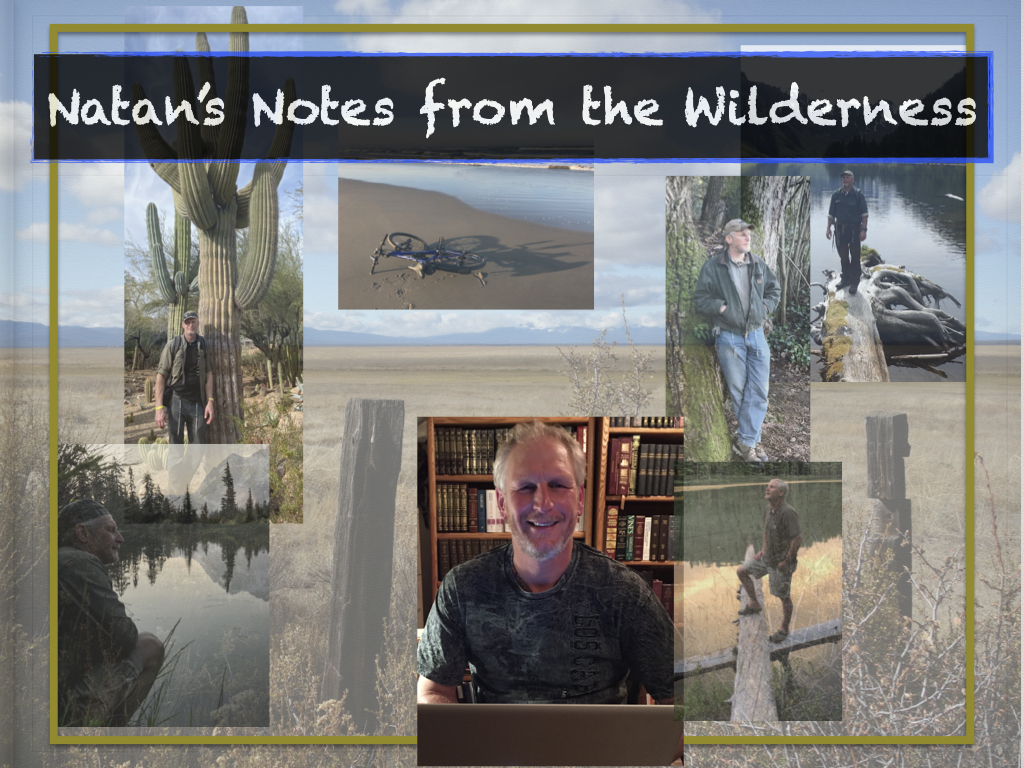
Psalm 118:6, YHVH is on my side…what can man do to me?This hints at the adage that “God plus one man make a majority.” That being the case, what is there to fear?
Psalm 118:14, He has been my salvation [Heb. Yeshua]. This is an oblique prophecy concerning the incarnation of YHVH-Yeshua.
Psalm 118:15, The right hand of YHVH. Here is another prophecy concerning Yeshua the Messiah, who was and is the right hand, and is currently at the right hand of YHVH-the Father.
Psalm 118:20, The gate of righteousness. Yeshua the Messiah, as alluded to in the previous verses, is the gate of heaven (Gen 28:17), the door to salvation(John 10:7, 9), the way, the truth and the life—the way to the Father (John 14:6), which has been opened to those who trust in and obey him. He is also the righteousness of each saint, our example to follow of righteousness, and through his imparted Spirit divinely enabling us, we can also perform the works of righteousness (which YHVH’s Torah-law defines; see Ps 119:172), which are the robes or righteous deeds of the saint (Rev 19:8).
Psalm 118:25, Save now [Heb. hoshiah nah]. In English “hosannah”.
Psalm 118:26, Blessed is he. Heb. Baruch habbah b’shem Yehovah. This was the proclamation of the Jewish people of Jerusalem who recognized Yeshua as the Messiah during his triumphal entry into that city (Matt 21:9). This same declaration will be made at Yeshua’s second coming (Matt 23:39; Mark 11:9–10; Luke 19:39; John 12:13). Learn your Hebrew now, so you can be ready!
Psalm 118:27, Sacrifice. Heb. chag. This is a reference to the pilgrimage festival sacrifice. The pilgrimage or aliyah festivals are Chag haMatzot (the Feast of Unleavened Bread), Chag haShavuot (the Feast of Weeks or Pentecost) and Chag Sukkot (the Feast of Tabernacles).
Light…horns of the altar. See note at Exodus 29:12. This is metaphorical and prophetic language referring to the death of the coming Messiah, since under the sacrificial system, the animals to be sacrificed were never tied to the horns of the altar. We can, therefore, take this verse metaphorically to mean that through the divine light or illumination (Heb. ohr) of the Messiah (the Divine Light of the world, the Word of Elohim incarnate), who is the horn or strength of our salvation (Luke 1:69), through his atoning sacrifice, that even as Messiah was tied to the altar of the cross (Isaac prefigured this in that he was tied to the altar at the akeidah, Gen 22:9), when we bind our selves to Messiah’s altar (through faith in him) we can escape the bonds of sin. The result is that we experience a festive spirit of celebration because we have been set free from the wages of sin, which is death. (The ArtScroll Tehilim/Pslams Commentary as do Keil and Delitzsch’s OT Commentary both shed some light on this issue.)
Psalm 118:29, Oh give thanks to YHVH he is good. This verse provides the lyrics for the Jewish song entitled Michah mochah the words of which in Hebrew are “Hodu l’Yehovah ki-tov ki l’olam chasdo.”
Comments can be left on Hoshana Rabbah’s Facebook page at https://www.facebook.com/HoshanaRabbah. I will do my best to read all of your comments and to answer any questions that you may have.

